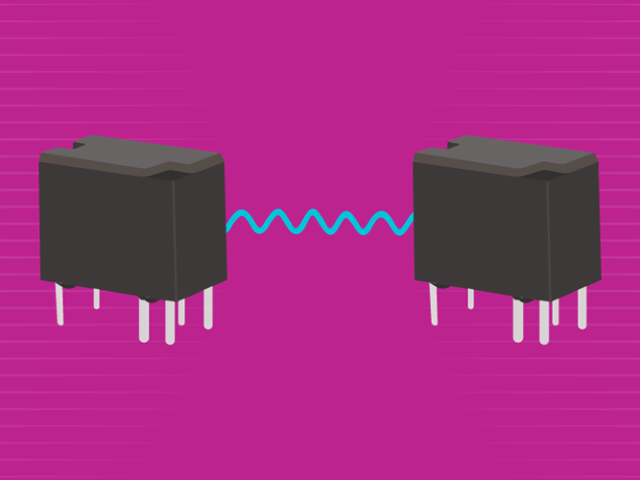Potentiometers, or ‘Pots’ as they are commonly known among engineers, are essentially resistors that incorporate a mechanical adjustment mechanism enabling their resistance to be changed manually. Resistors, as we know, offer a fixed resistance value and block or “resist” the flow of electrical current in a circuit. A potentiometer is fundamentally a variable resistor.
Potentiometers function as voltage dividers that can be used to both adjust voltage output to a circuit, and accurately measure (or meter) electric potential – hence the name potentiometer. They produce a continuously variable voltage output signal proportional to the physical position of the wiper on the resistive element. They are passive components, meaning that they do not need a power supply or additional circuits to function.
You can read the full blog, All you need to know about potentiometers, on the Same Sky website.




